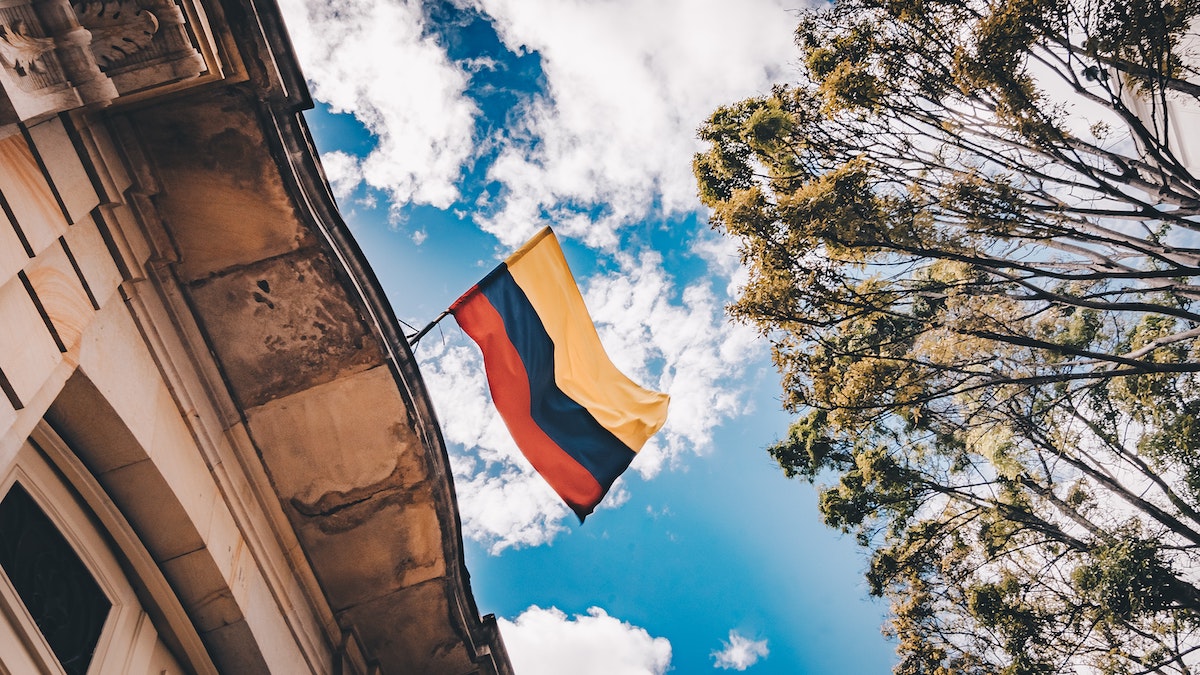1: What is the name of the grant you have been awarded and what does it allow you to do?
I received the Peace Scholar Fellowship from the United States Institute of Peace (USIP). This fellowship will support my dissertation research through the 2021-2022 academic year and it will allow me to conduct my fieldwork in Colombia. It has also been a fantastic opportunity to connect with an amazing cohort of peace scholars working on conflict studies from a number of disciplinary and regional perspectives.
2: What is the focus of your research? And what drew you to this topic?
My research focuses on the educational role of state-sponsored memory sites, such as museums and memorials, in creating and disseminating memories of violence and expectations about peace in Colombia. I am conducting a multiple-case study of three memory sites that are funded by the state to explore the role of these sites in constructing and transmitting memories of the Colombian armed conflict and shaping youth’s expectations about peace. I focus on school visits to these sites to analyze the connection between schools and non-formal spaces of education from the perspective of students.
What drew me to this topic is that education in conflict and post-conflict contexts is generally focused on formal schooling, yet there are a number of initiatives that try to teach about the past and educate for peacebuilding beyond the schools. There is a lot to learn about spaces like memory sites, and especially about how they can help engage youth in peacebuilding processes.
3: What is one thing you want people to understand about your topic that they may not understand already?
Scholars in the field of education in post-conflict contexts and education as a mechanism for transitional justice have been pointing out for years that, while education is crucial for peacebuilding, it also faces a number of challenges, including the difficulty of teaching about a violent past. Memory sites and other spaces of non-formal education that work to memorialize the past are seen as potential allies in educating for peacebuilding. This is particularly true for sites that collaborate with victims and civil society organizations, like the sites I am studying. However, there is still a lot to learn about how memories are institutionalized in these spaces and how students, who have their own personal and familial memories, interact with these spaces. Memory is an incredibly contentious issue in the aftermath of violent conflict, and it can be politicized and instrumentalized for multiple purposes. But memory is also at the core of the transition to peace, so it is important to understand how these processes of memory-building actually unfold and how they connect to education.
